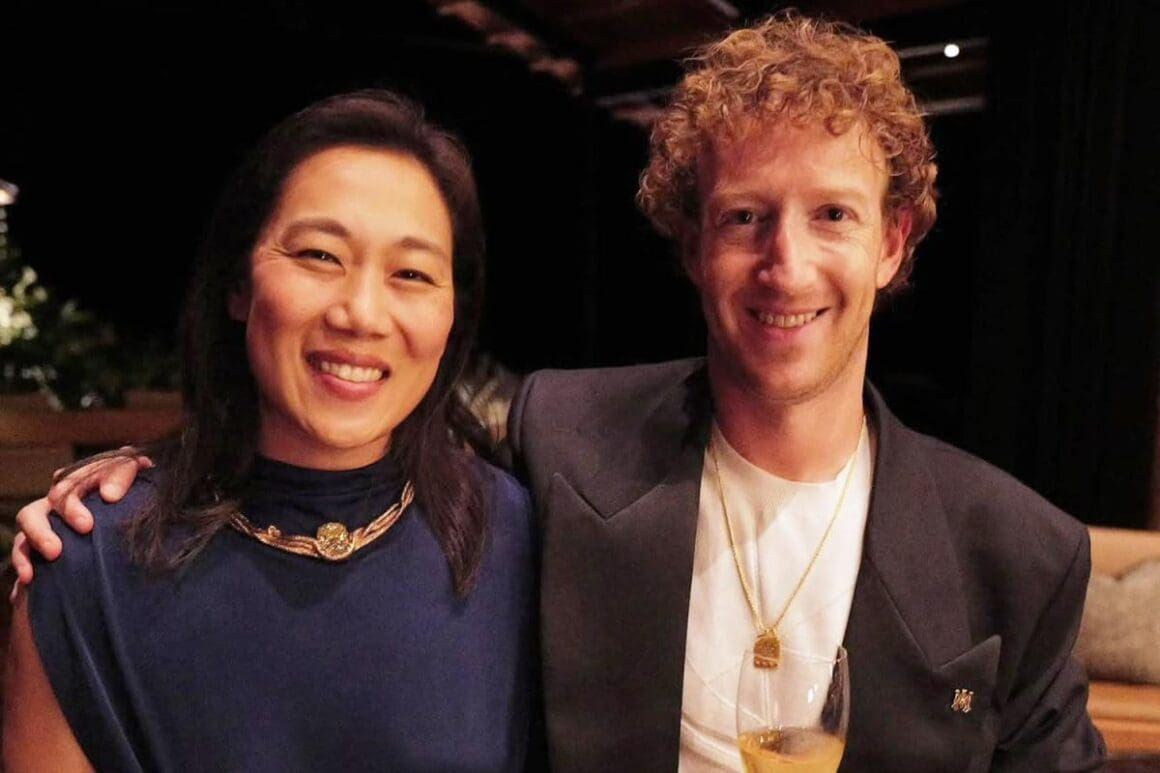Meta CEO Mark Zuckerberg once contemplated the idea of separating Instagram from its parent company due to concerns about potential antitrust litigation. This was revealed in an email presented during the second day of an antitrust trial claiming that Meta has unlawfully monopolized the social media market. The 2018 email indicated Zuckerberg’s speculation that “spinning Instagram out” might be necessary to achieve significant goals as major tech companies continue to grow. He also acknowledged a “non-trivial chance” that Meta might be compelled to divest Instagram and possibly WhatsApp within a decade.
Zuckerberg noted in his email that while companies typically resist breakups, historical evidence suggests that many firms perform better post-divestiture. When questioned about which corporate examples he had in mind, Zuckerberg admitted uncertainty about his thoughts at the time. As the first witness, Zuckerberg testified for over seven hours during the two-day trial, which could potentially lead to Meta divesting Instagram and WhatsApp—acquisitions that have developed into influential social media platforms over the past decade.
During the proceedings, attorney Daniel Matheson, representing the Federal Trade Commission, highlighted Zuckerberg’s previous characterizations of Instagram as a “rapidly growing, threatening network.” Matheson suggested that Zuckerberg’s interest in acquiring Instagram was partly to neutralize competition. However, Zuckerberg countered that his primary motivation was to enhance product offerings, as Instagram excelled in mobile phone camera app development—a direction Facebook was pursuing at the time.
Zuckerberg also disputed Matheson’s interpretation of his intentions behind purchasing Instagram, asserting that the email’s portrayal was inaccurate. Throughout the questioning, Matheson referred to various emails from Zuckerberg and his associates, written before and after the Instagram acquisition. Zuckerberg often sought to mitigate their impact, explaining that these documents reflected early stages of acquisition considerations and did not fully represent his comprehensive interest in the company.
Further scrutiny included a February 2012 message where Zuckerberg acknowledged the potential disruptiveness of Instagram and Path, a social networking app, to Facebook. Zuckerberg testified this was part of a broader dialogue about potential acquisitions to accelerate Facebook’s development. He argued that acquiring companies and integrating their features was a strategic move.
Later, Meta’s attorney Mark Hansen began his examination, emphasizing Meta’s competitive environment. Hansen argued that Meta’s services remain free and that the company faces substantial competition. Zuckerberg reinforced this point, stating that charging users for services like Facebook could deter them, given the availability of similar options.
This trial represents a significant test for President Donald Trump’s FTC’s efforts to challenge Big Tech. The lawsuit, initially filed in 2020, during Trump’s first term, accuses Meta of buying Instagram and WhatsApp to stifle competition and establish a monopoly. Facebook acquired Instagram, a photo-sharing app without ads, for $1 billion in 2012, marking its first major acquisition kept as a standalone app. WhatsApp, bought two years later for $22 billion, further facilitated Facebook’s transition to mobile platforms and broader demographic appeal.
Despite the FTC’s narrow market definition, which excludes rivals like TikTok, YouTube, and Apple’s messaging service, U.S. District Judge James Boasberg has determined the case should proceed to trial, denying Meta’s request for a summary judgment last year.
The Societal Shift
The outcome of this antitrust trial could significantly impact the social media landscape, potentially altering how major tech companies operate and compete. Should the court rule against Meta, a forced divestiture of Instagram and WhatsApp might lead to broader industry changes, influencing competition and innovation within the tech sector. This could foster a more diversified market, enabling emerging platforms to gain a foothold and challenge existing giants.
For consumers, the implications could be notable. Increased competition may lead to improved services and features as companies strive to attract users. Additionally, the case highlights ongoing concerns about the concentration of power within a few tech conglomerates, prompting discussions about regulatory measures and corporate accountability. As this case unfolds, it may serve as a precedent for future regulatory actions against large tech entities, shaping both business strategies and user experiences in the digital age.














